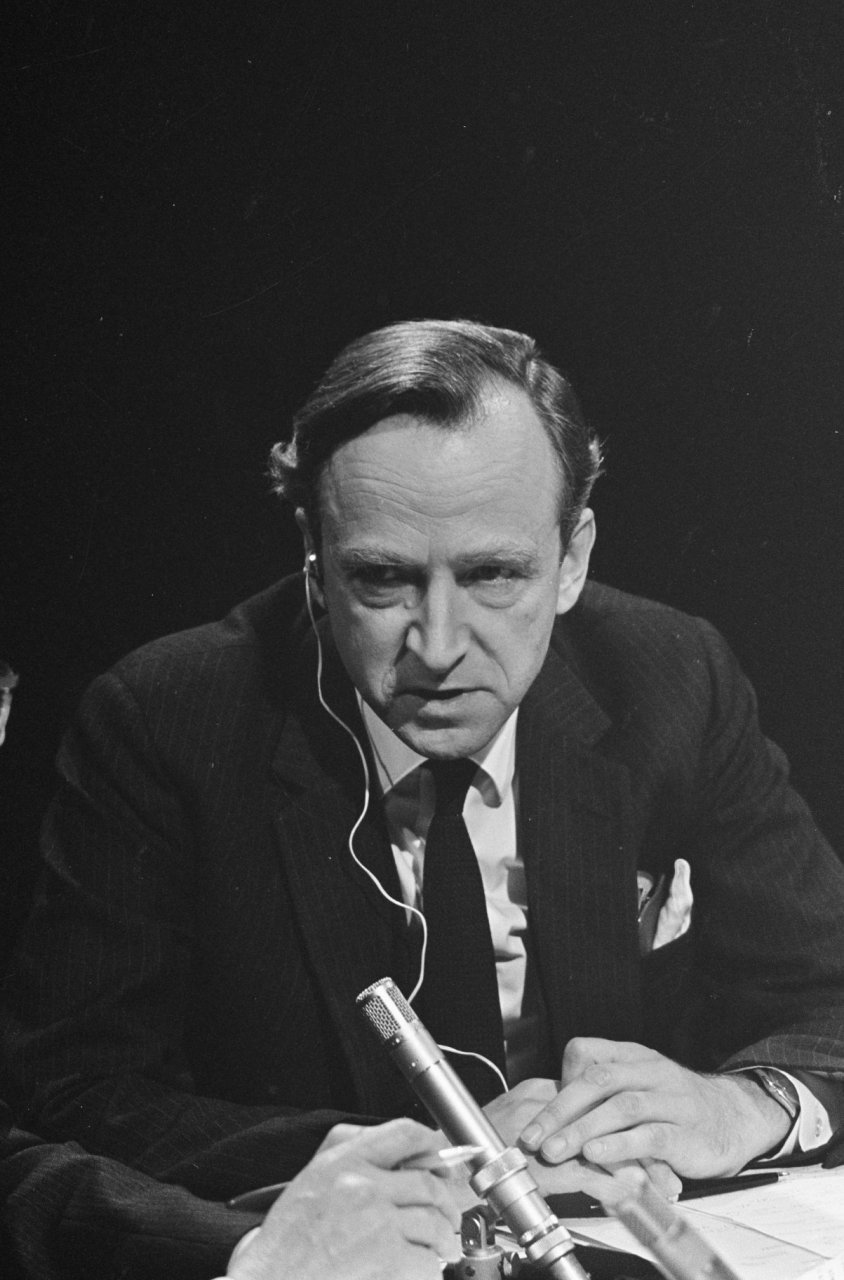Trinity Colleagues Pay Tribute To Robert Neild, 1924-2018
Hashem Pesaran, Partha Dasgupta and Gregory Winter remember Robert Neild.
Dasgupta:
Robert Neild was the last surviving member of a triumvirate that shaped the intellectual climate of economics at Cambridge in the 1970s. That influence lasted for over two decades. Together with Brian Reddaway (Professor of Political Economy) and Wynne Godley (Director of the Department of Applied Economics), Robert encouraged an approach to economics that was in sharp contrast to the then growing attention given in the leading university departments of economics in the UK and USA to economic theory and econometrics. The latter approach drew on mathematical techniques not only because they enabled one to reach conclusions with clarity, but also because they allowed one to trace those conclusions to the underlying hypotheses and data on which the studies were based. In modern economics policy is often kept at a distance. In contrast, the approach that Robert favoured insisted on a tight and constant link between analysis and policy; so much so that the separation between analysis and policy was wafer-thin.
